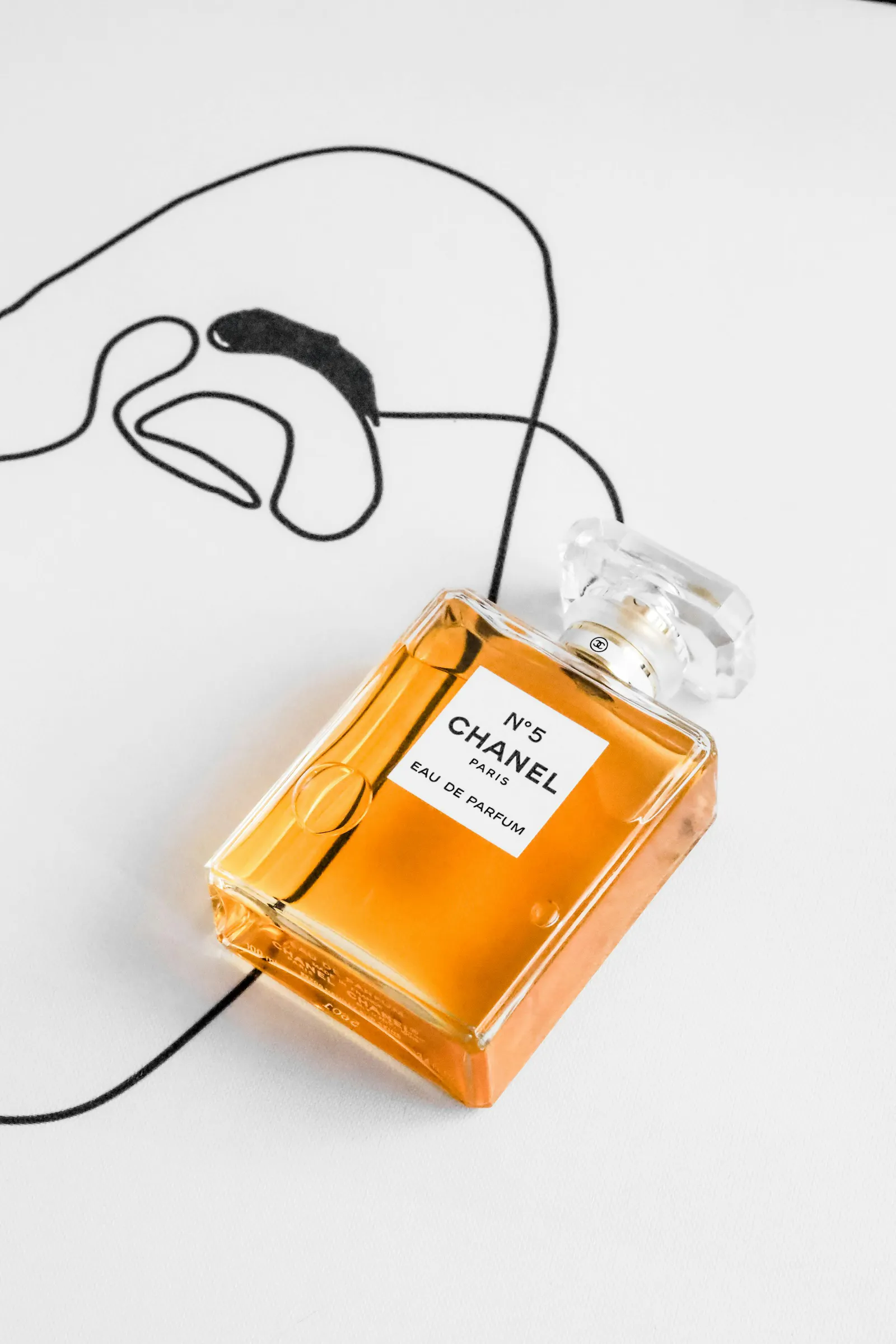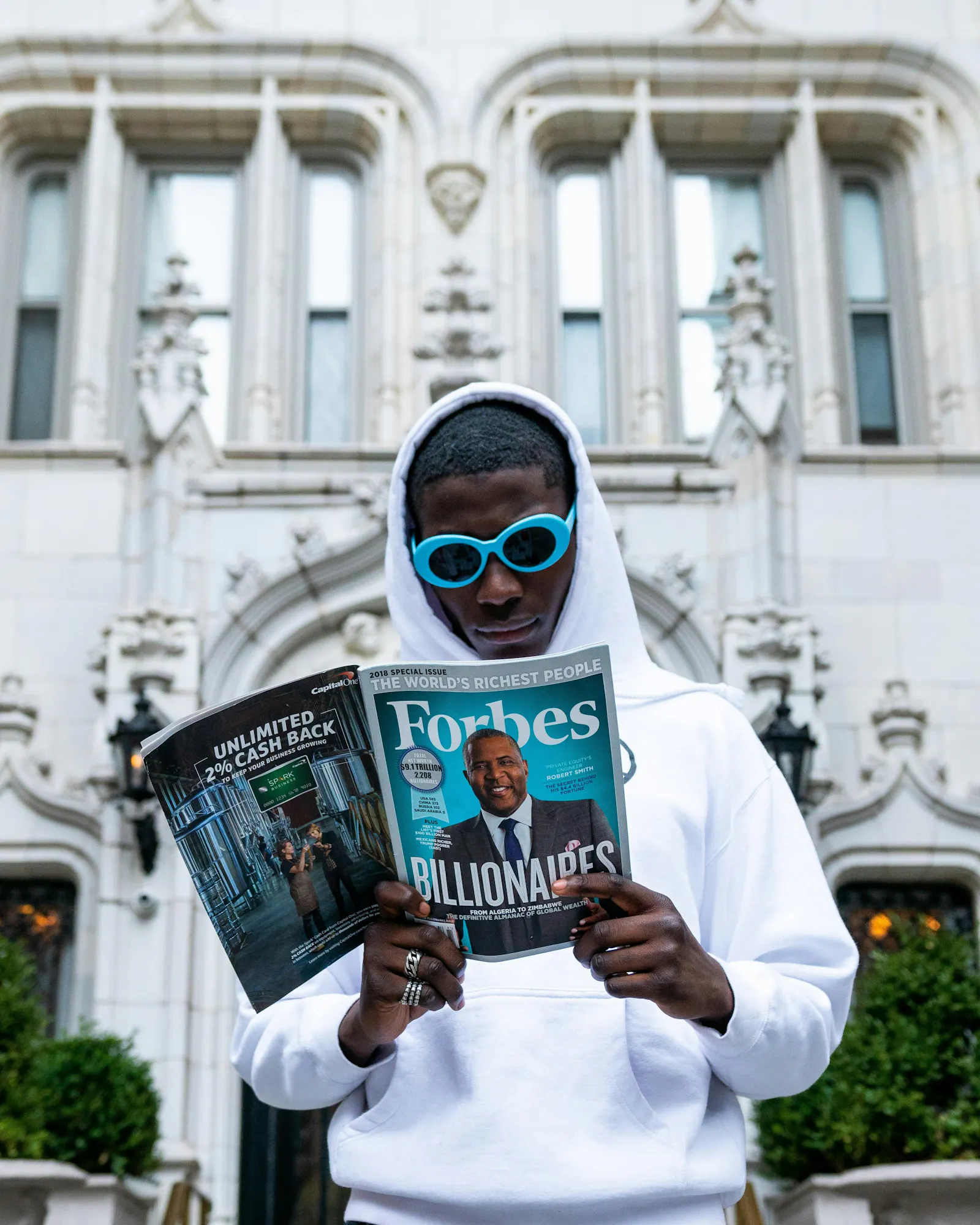At Fluxx (Opens in a new window), we’re always curious about what’s going on in the world around us, and gathering insights and trends. Right now we’re interested in exploring the impact C-19 is having on different industries. Last week we looked at gaming (Opens in a new window) culture and how perceptions have changed, this week the fashion industry is under the spotlight.
In an industry that’s heavily reliant on physical retail, fashion has been impacted by coronavirus on every single level; production has stopped, stores shut, and demand has decreased. With travel, holidays and going out cancelled for the foreseeable, people are no longer buying new summer wardrobes or clothes just to sit at home. With a drop in sales of 25% and an expected loss in revenue of up to $600 million (Opens in a new window), the industry, like many, is faced with having to adjust to a new normal.
Is this recessionary slump a wake up call? Sustainable fashion has been whispered about and discussed on the fashion side lines for long enough — shockingly the fashion industry is responsible for 10% of global carbon dioxide emissions (Opens in a new window) and our love of fast fashion is literally costing the earth. The C-19 crisis has presented a good opportunity for the fashion industry to change. It needs to undergo a dramatic transformation; to reassess its values and become an industry that is less damaging to the environment and one that looks after the welfare of its workforce.
Like the travel industry, the fashion industry has exploded over the past few years. The rise of budget airlines encouraged a culture of jet-setting and long-weekends, whilst the emergence of fast fashion has played a part in driving this wasteful consumerist mindset. According to the Ellen MacArthur Foundation, the average person today buys 60% more clothing than in 2000. In both cases, many would argue that along the way these industries have lost sight of what they represent; their value, their culture, their roots.
Calling for change. Today, this yearning for change is supported by many in the fashion world including designers Giorgio Armani (Opens in a new window) and Donatella Versace who are looking to the industry to slow down, remove seasonal trends and instead create more timeless classics. This isn’t something new, Armani has been vying for this change for many years. Covid-19 is just forcing change and shining a light on the need for brands to embrace a new fashion ecosystem.
Having seen the risks associated with global supply chains, we believe labels will choose to produce fewer, smaller collections. We’re likely to see a rise in brands reinvesting in local manufacturing, or collaborating on sourcing materials to develop more eco-friendly processes. Durability will also come into focus, ensuring that materials can be resold or recycled, ultimately working towards a circular goal. It’s something we would welcome and celebrate at Fluxx; we have always been compelled to work for a higher social purpose, and we’re interested in social innovation and social change for the greater good. That’s one of the reasons I joined the business. We’ve helped some brilliant brands work towards a more sustainable future from one of the world’s biggest confectionery brands to one of the UK’s biggest energy and home services suppliers.




Sustainability is the new fashion statement. For fashion brands, it’s a unique moment as consumers, stuck in lockdown with plenty of time to think, start to pay more attention and reorient their relationship with consumption. It’s not just designers looking to bring fashion back to its roots. Consumers want sustainable fashion too and the industry must take action to adapt to ways of sustainability and transparency or risk becoming ‘unfashionable’.
Natalia Walters (Opens in a new window) is a consultant at Fluxx. Stay tuned with all that’s Fluxx by following us on LinkedIn (Opens in a new window) or signing up to our WTF Newsletter (Opens in a new window).
Are you curious as to how Fluxx has helped companies such as Condé Nast, Mars, Thames Water, HSBC, Addison Lee Group and many more? Want to learn the secrets for sustained, repeatable innovation models, from expert practitioners? (Opens in a new window) Get in touch now Natalia.Walters@Fluxx.uk.com. Equally, if you have any thoughts on th
